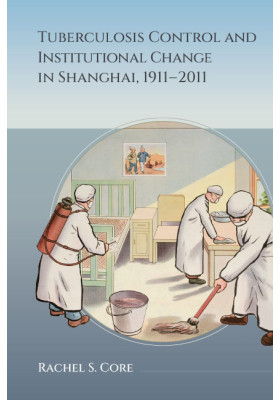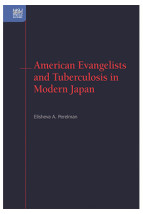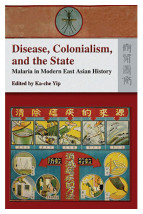Tuberculosis Control and Institutional Change in Shanghai, 1911–2011
(上海結核病的防治與制度變遷,1911-2011)
ISBN : 978-988-8754-26-7
August 2023
232 pages, 6″ x 9″, 14 b&w illus. and 8 tables
- HK$395.00
Ebooks
Also Available on
This volume is the first book-length monograph on the most widespread and deadly infectious disease in China, both historically and today: tuberculosis (TB). Weaving together interviews with data from periodicals and local archives in Shanghai, Rachel Core examines the rise and fall of TB control in China from the 1950s to the 1990s. The answer to this, Core argues, lies in the socialist work-unit system. Under the work-unit system, the vast majority of people had guaranteed employment, a host of benefits tied to their workplace, and there was little mobility—factors that made the delivery of medical and public health services possible in both urban and rural areas. The dismantling of work units amid wider market reforms in the 1980s and 1990s led to the rise of temporary and casual employment and a huge migrant worker population, with little access to health care, creating new challenges in TB control.
This study of Shanghai has major implications for institutional research on disease control. It will provide valuable lessons for historians, social scientists, public health specialists, and many others working on public health infrastructure on both the national and global level.
“Core’s study is timely as it deals with an important problem in public health and healthcare at a time when the world is trying to cope with the COVID-19 pandemic and other emerging infectious diseases. There are no comparable studies in English.”
—Ka-che Yip, University of Maryland Baltimore County
“Based on careful empirical research and interviews with dozens of patients, Core’s study demonstrates that tuberculosis control was one of the success stories of Mao’s socialist regime. In our current era—with its proliferation of respiratory illnesses driven by global capitalism—this public health history deserves to be widely known.”
—Ruth Rogaski, Vanderbilt University







